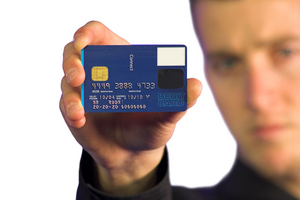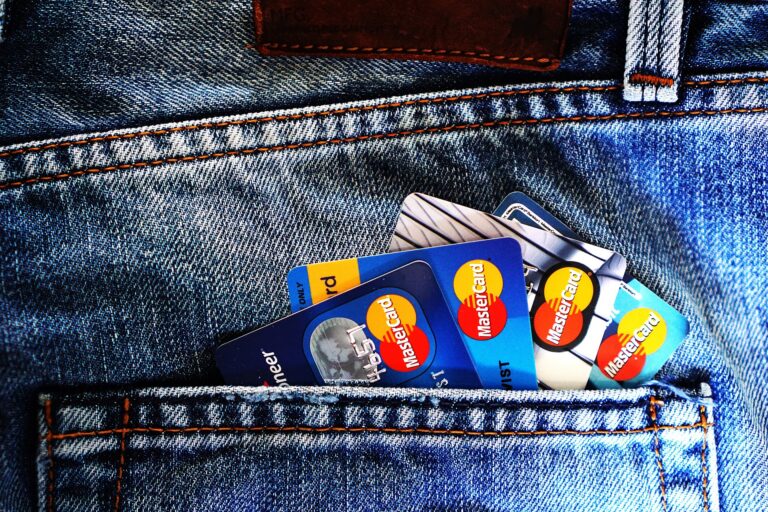 There are many different rites of passage that individuals use to measure their achievements in the financial world. A child getting their first savings account, a student paying off their student loans, and getting approved for a first home mortgage are all notable milestones.
There are many different rites of passage that individuals use to measure their achievements in the financial world. A child getting their first savings account, a student paying off their student loans, and getting approved for a first home mortgage are all notable milestones.
For many people, you can probably add getting their first credit card to that list of achievements. Unfortunately, it’s not always easy to obtain your first credit card, and the path to doing so is not always clear. For many people it’s difficult to establish creditworthiness if they’ve never had credit extended to them before.
Here is some credit card advice and tips on how to improve your chances of being approved for your first credit card.
Review Your Credit Report. You don’t have to have a credit card in order for the credit bureaus to have records on you. In fact, even if you’ve never borrowed money in your life you still probably have a credit score and credit reports. If you’ve ever paid your rent or any cell phone or utility bills late, this information will likely be on your report and making it more difficult for you to obtain your first credit card. Before you apply for your credit card, obtain copies of your credit reports (you can obtain one free copy each year from each of the three major credit bureaus), and make sure that there are no mistakes or outdated information. By making your credit reports as accurate and clean as possible, you will greatly improve your chances of being approved for a credit card.
Ask at Your Local Bank or Credit Union. Your local bank or credit union may be more willing to issue you your first credit card than any of the large nationwide banks would be. This can be the case particularly if you have a history of doing business at that bank or credit union. Your local institution is going to have access to detailed financial information (i.e., individual transactions within your savings and checking accounts) that the national banks wouldn’t. A Visa or MasterCard issued by a local institution might not come with the same rewards programs or other benefits that a big bank card would, but that shouldn’t be your primary concern for your first card.
Check Out Secured Cards. While secured credit cards are probably not a great long-term solution, they can help you build or repair your credit rating so that you can obtain a traditional credit card in the future. Secured cards must be backed up with cash that you put on deposit with the credit card company. So, for example, you might deposit $1,000 with the bank issuing you the card, and they provide you with a Visa or Master card that has a $1,000 credit limit. You can’t access your $1,000 deposit directly (though you’ll get it back whenever you cancel the card) since its purpose is to make sure there aren’t any defaults on the credit card. But using a card like this for a year or two can make it much easier to obtain a standard card.
Sometimes the path to your first credit card will take some time. During that period, make sure you’re paying all of your bills on time and not doing anything that would make it more difficult to get that card.
 There are many different rites of passage that individuals use to measure their achievements in the financial world. A child getting their first savings account, a student paying off their student loans, and getting approved for a first home mortgage are all notable milestones.
There are many different rites of passage that individuals use to measure their achievements in the financial world. A child getting their first savings account, a student paying off their student loans, and getting approved for a first home mortgage are all notable milestones.

